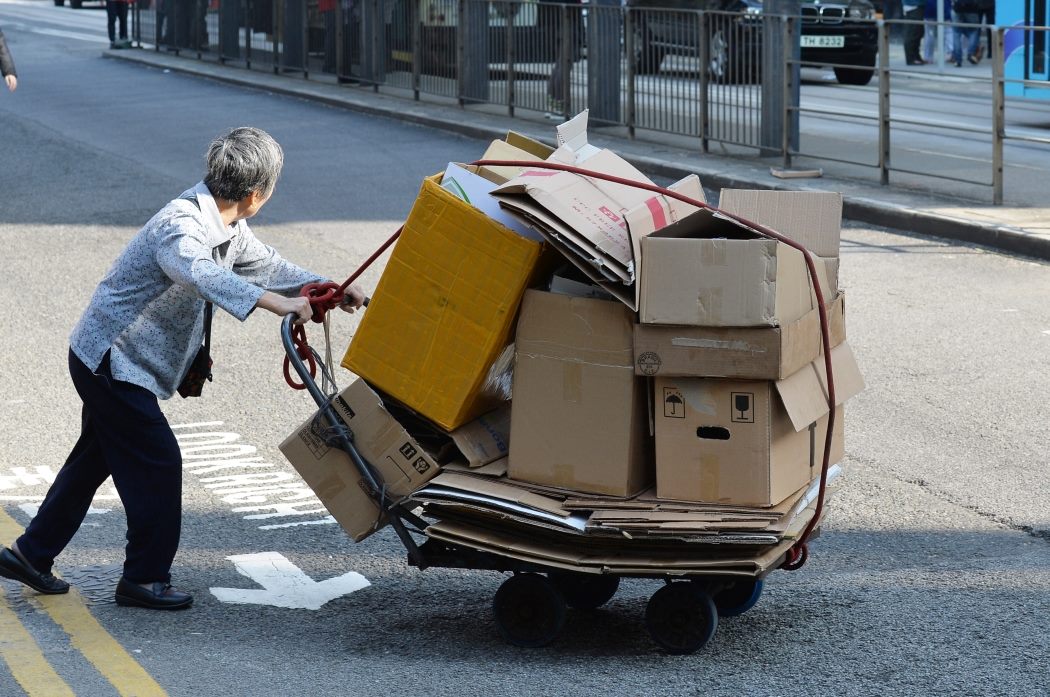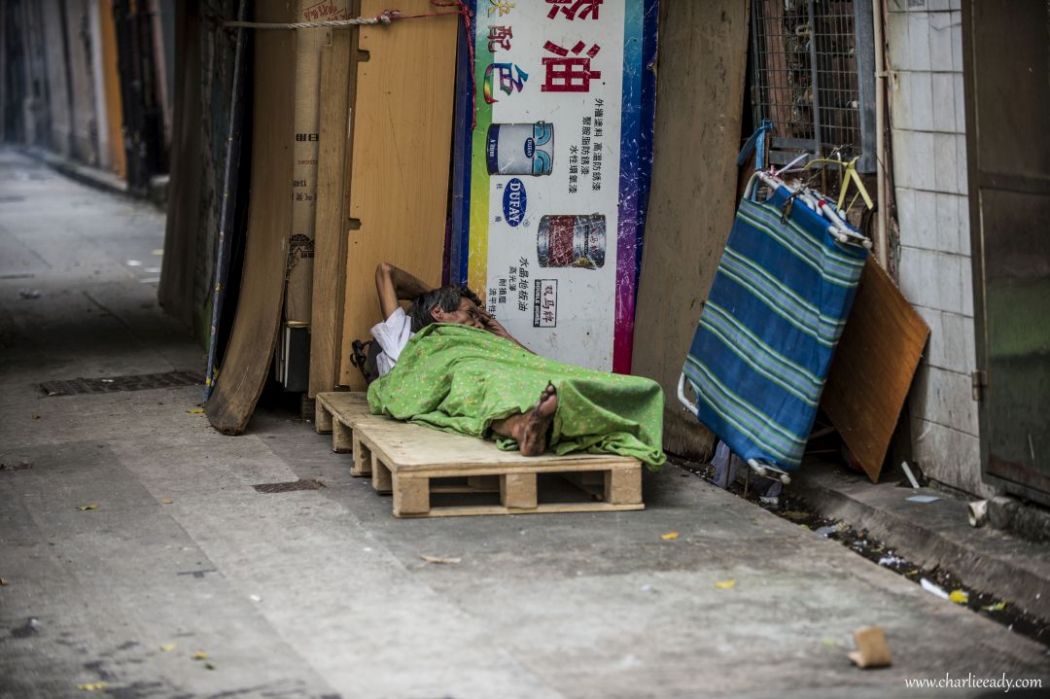Recently, the Hong Kong government announced its endorsement of the latest minimum wage increase from HK$34.50 to HK$37.50, set to increase in May 2019. Touted as the biggest increase yet to the city’s minimum wage, this amount is still not enough for any Hongkonger to live a decent life.
Let’s do the maths. Assuming a 10-hour work day and an average of 26 working days per month, a person working for minimum wage would only make HK$9,750 per month. Research by the Chinese University of Hong Kong (CUHK) and the Platform Concerning the Subdivided Flats Issue in Hong Kong showed that the average rent for a subdivided flat segment was HK$3,924.20 in 2015, over 40 per cent of a person’s salary if they receive the new minimum wage.

Given the long work hours and commuting time, a person making minimum wage incurs additional costs by eating out for one or more meals a day. Currently, the price of a Crispy Chicken Sandwich from McDonald’s is HK$25, the price of a meal at KFC is HK$44, and the price of a set meal in a local eatery may be between HK$40 and HK$60.
For an average person, a very conservative estimate of their food expenditure would be around $2,000 per month. Taking into account the cost of transport, electricity, water, gas, internet, and telephone service, it is easy to see that HK$9,750 may not go very far.
Moreover, due to long work hours and a lack of nutritious food, minimum wage workers may get sick more easily, costing them more in medical fees and lost wages.
While the business sector was unhappy with the increase in Hong Kong’s minimum wage, stating it would cost the sector HK$700 million more per year, this amount has now been halved as it turns out that only 61,500 to 75,500 people will benefit from the wage increase, compared with initial estimates of 150,000.
Still, to mitigate the increase in cost, in the best-case scenario for the sector, businesses may just increase the price of their product. Take McDonald’s, which increased its prices in January 2018 and January 2019 by 2 per cent each time. Or KFC, which increased its price for mushroom rice from HK$18 to HK$26 over the course of three years.

In the worst-case scenario, the business sector absorbs the costs itself. In the third quarter of 2018, the restaurant sector made a total of HK$29.8 billion, while in November 2018 alone, the retail sector made HK$39.2 billion. The loss of HK$350 million, or even the initially estimated HK$700 million, over an entire year across the entire business sector is peanuts in comparison.
The shift of this cost to the business sector is only right, as companies have more tools and strategies to manage increased costs compared with local people. Businesses are able to rebound more quickly from losses than any individual person or family.
In fact, this minimum wage readjustment is not enough. CUHK and Oxfam Hong Kong published a report in 2018 that found that a person needed to earn a minimum of HK$54.70 per hour to make ends meet.

Instead of proposing and legislating a minimum wage that people can live on, Hong Kong is doing a disservice to its low-income workers by setting such a dismal minimum wage.
Thinking of who would work for such a low wage, I can only think of the elderly grandmothers sweeping the streets or cleaning our public bathrooms to help keep our city clean. Realistically, who else would work for Hong Kong’s minimum wage?
They are the voiceless, the powerless, the most vulnerable people in our society, including the elderly. Is it a coincidence that the government announced that the age limit for the elderly comprehensive social security assistance would rise to 65 in February 2019 one day before the new minimum wage was endorsed? It’s a classic example of giving with one hand, while taking away with the other.
At the end of the day, it’s a raw deal for Hong Kongers. Instead of a measly HK$3 per hour raise, we must call for a substantial increase to a livable minimum wage so that the most vulnerable among us can live with dignity.
